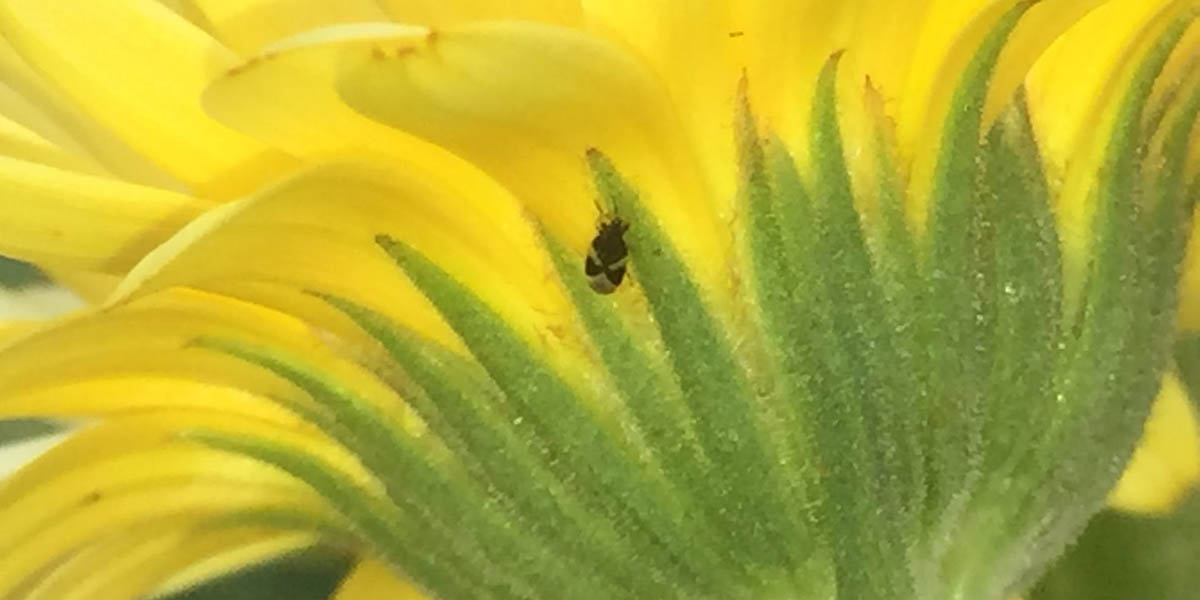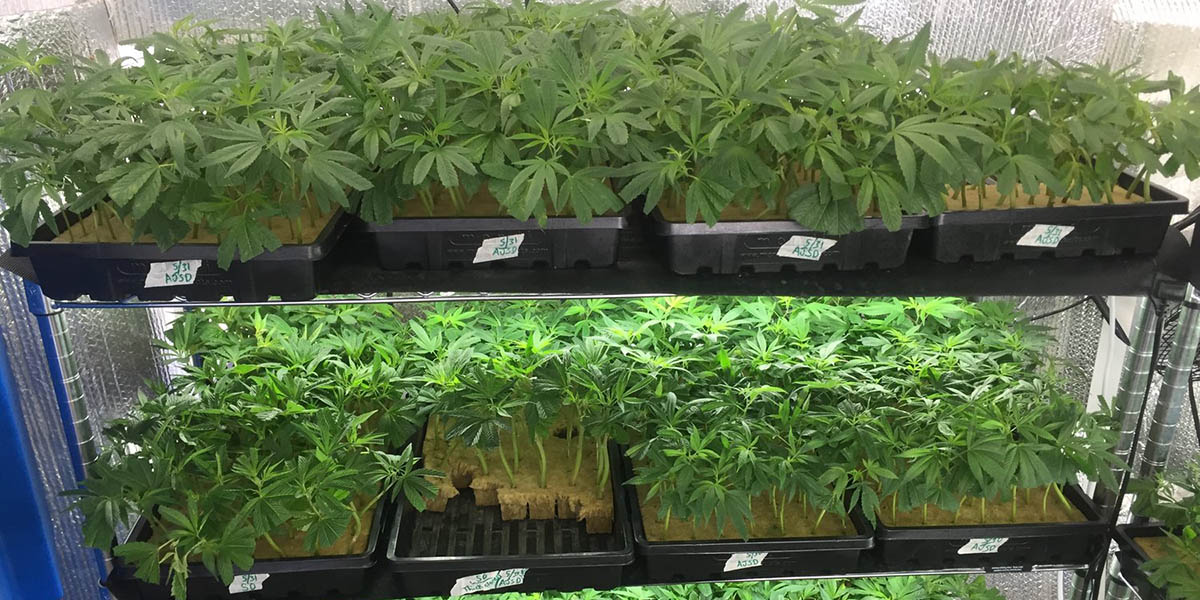Dynamic Accumulators Overview
Dynamic accumulators (DA) are plants that gather certain minerals and nutrients from the soil and store them in higher concentration in their leaf tissues. The leaves of the plants can then be used as compost, mulch or liquid fertilizer. The truth is that most plants, in a way, are dynamic accumulators in some way because they translocate the soil minerals into their leaves. The difference however, is that certain plants, like horsetail, nettle or buckwheat, for example, tend to pull specific nutrients up in greater amounts. Horsetail is well known for silica, nettle is well known for iron and buckwheat is known for accumulating phosphorus. Other DA”s like comfrey or yarrow are more all purpose accumulators and pull out more proportional balanced NPK ratios. DA’s are traditionally thought of as a class of plants associated with nutritive and medicinal herbs. But please don’t confuse DA’s as a specific class of plants, for they can also include other types of flowers and cover crops as well.
…Dynamic Accumulators Overview Read More »



